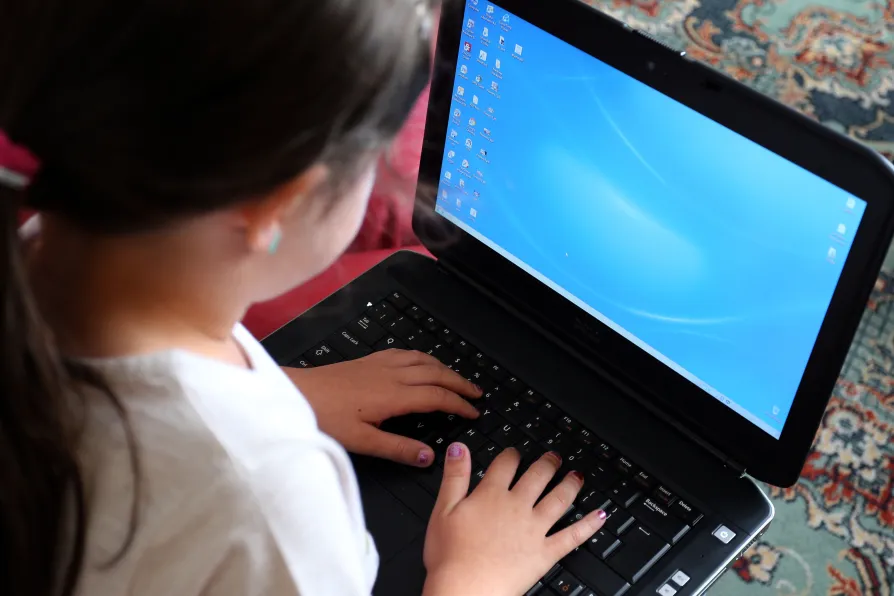
 A child using a laptop computer
A child using a laptop computer
ACCESS to AI risks becoming the next major barrier to opportunity for disadvantaged young people, new research warns, with ministers urged to stem the rapidly increasing “digital divide” between state and private schools.
A report published by the Sutton Trust today shows that teachers in private schools are more than twice as likely to have received formal training in artificial intelligence than their state school counterparts.
Teachers in schools rated as “outstanding” by Ofsted were more than three times more likely to have had formal training than in one with a “requires improvement” or “inadequate” rating.
Researchers also warned of “significant issues regarding oversight of the use of AI across the education system” and that private schools are benefiting the most from the advantages of AI.
Free devices should be given to students eligible for the Pupil Premium, alongside additional training and guidance on the use of AI for school leaders, the think tank said.
Sutton Trust chief executive Nick Harrison said: “It’s startling how rapidly an AI digital divide is opening up in schools.
“This is a crucial time in integrating AI tools into teaching, yet private schools, and some of the most affluent state schools, are already forging ahead in a sort of digital Wild West.
“If action isn’t taken to close these widening gaps, access to AI risks becoming the next major barrier to opportunity for disadvantaged young people.”
National Education Union general secretary Daniel Kebede said: “This is important research that emphasises the risk of a digital divide opening up in schools in the most disadvantaged areas.
“It is right to call for more support from central government for training and guidance for staff, as well as research on AI.”
The Department for Education was contacted for comment.

NICOLA SARAH HAWKINS explains how an under-regulated introduction of AI into education is already exacerbating inequalities













